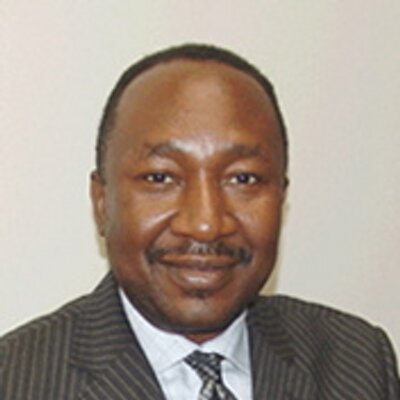By Chido Nwangwu
The November 3, 2020 presidential and congressional elections in the United States continue to show aspects of the beauty of its recent democratic traditions. Especially the opportunity it gives to recent immigrants — required to be citizens of the United States regardless of where they come from — to compete in the civic battle of ideas. Alongside many other candidates, 12 Nigerian-Americans and African immigrants joined in making history. One such person is Dr. Adeoye ‘Oye’ Owolewa.

In practical ways, the November 3, 2020 electoral achievements of Adeoye Owolewa, Esther Agbaje, Nnamdi Chukwuocha, Yomi Faparusi, Ngozi Akubuike, Benjamin Osemenam, Yinka Faleti, Paul Akinjo, Adewunmi Kuforiji, April Ademiluyi and other Africans validate why I respect America as the world’s most diverse, most creative and competitive market. Regardless of your adversity, ethnicity, race, religion, gender or orientation, it offers immigrants endless opportunities; almost. Yes; almost.
Again, God bless America!
Owolewa earned a doctorate degree in Pharmacology from the Northeastern University in Boston, Massachusetts. This remarkable personality campaigned on the platform of the Democratic Party. He was elected as a shadow member of the United States Federal House of Representatives from the District of Columbia. Otherwise popularly known as Washington DC.
Washington DC does not have full statehood; therefore their congressional delegation lack full voting power. They can contribute to debates and enjoy a number of privileges but the fundamental issue of representation through voting on congressional enactments has been and remains a difficult and contentious problem.
Fundamentally, the issue for the residents of the district, as they asked for hundreds of years: why should the predominantly African-American metropolis pay taxes without the power of basic representation through votes that are worthy of being counted in Congress? It is a shame and an injustice. It has to be corrected, soon. Remarkably, it is an issue of interest for the new “shadow” delegate-congressman who won an impressive number of 164,026 votes.
He has, consistently, advocated through his TaxFreeDC website and organization that to fight against DC’s taxation without representation “our money belongs here for DC priorities instead of going to a government that fails to recognize us.”
On November 4, 2020, when it was certain he won, Dr. Owolewa, enthusiastically informed his social media followers: Looks like we did it! I want to thank everyone, from family and close friends to DC residents. Because of your contributions and sacrifices, I stand before you as America’s first Nigerian-American congressman. In this role, I’m going to fight for DC statehood and bring our values to the lawmaking process. While today is the day for some celebration, the hard work also follows. “Again, thanks so much for everything. I wouldn’t be here without y’all.”
When he is sworn in January 2021, he will make history by becoming the first person with direct and contemporary Nigerian roots elected to the US Congress.
According to the Washington Informer: District voters elect one shadow representative and two shadow senators to lobby Congress on D.C. becoming the 51st state. The District is officially represented in the Congress by Del. Eleanor Holmes Norton (D), who has no final vote on the House floor. The District has no representation in the U.S. Senate.
Norton has a bill — The Washington, D.C. Admission Act of 2019 — that would make the District a state. The bill has 224 co-sponsors, enough to pass the House chamber. In the Senate, there are 35 supporters for a companion bill authored by Sen. Thomas Carper (D-Del.).”
Why does this matter? To put it in simple political language and business terminology, it’s a big deal! Direct communication and access to the world’s most influential congressional assembly — within realistic considerations and limitations. But imagine Owolewa, as a legislator highlighting the points being made by the youth across Nigeria to the world.
Hopefully, the young, brilliant and charismatic politician should not forget his primary constituency: the people of the District of Columbia.
It is my position that while he should not ignore important and critical issues in his parents’ homeland Nigeria, his primary focus should be on the realities and empowerment opportunities for the constituency he represents!
Why is this important? We need him to go further on upwards on the trajectory of political power and productive representation.
Chido Nwangwu, Publisher, USAfricaonline.com focuses on the rising profile of Nigerian-Americans in the politics of the United States of America

